AI-Powered Legal Case Outcome Prediction Methods
Legal case outcome prediction methods can make forecasts for different parts of legal proceedings across various stages of a lawsuit. These AI-powered tools can provide valuable insights into how cases might unfold and end, helping legal professionals make informed decisions throughout the litigation process.
Pre/Dicta Partners with Quinn Emanuel to Provide Lawyers with AI-Powered Litigation Prediction Tools

Manually researching historical case statistics and anecdotal experiences is not only time consuming for legal teams, but it’s obsolete. Pre/Dicta is able to provide instant case metrics and insights based on a data set made up of billions of patterns that would otherwise be inaccessible to legal teams
Quinn Emanuel to integrate Pre/Dicta into their litigation workflow

US litigation powerhouse Quinn Emanuel Urquhart & Sullivan, LLP today (16 May) announced that they will be integrating Pre/Dicta’s predictive analytics tool suite into their litigation workflow.
AI in Court Is Ethical When Used Correctly | Opinion

AI Use in Court Is Ethical When Used Correctly | Opinion Dan Rabinowitz’s extensive background in both legal practice and data analytics uniquely qualifies him to speak on Pre/Dicta, legal analytics, and AI-driven litigation prediction. With experience ranging from serving as a trial attorney at the U.S. Department of Justice to leading fraud analytics and […]
Pre/Dicta Adds Timeline, Venue, Motion Types to Predictions
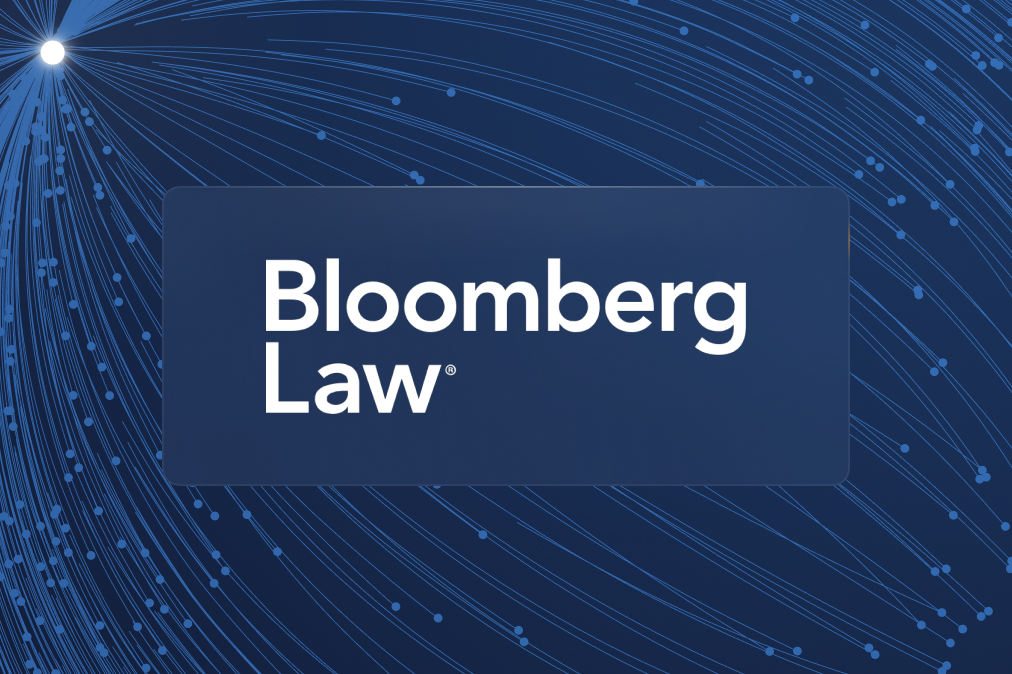
Pre/Dicta, a leader in AI-powered judicial predictive analytics, has announced significant updates to its platform, enhancing its capabilities for legal professionals. The platform now offers predictions for various motion types—including summary judgment, venue transfer, class certifications, and motions to compel—while also introducing case-relevant timeline forecasts from filing to trial. Additionally, it provides detailed venue comparisons […]
Pre/Dicta Adds 3 New Motion Outcome Predictions and “Doppelganger” AI Capability
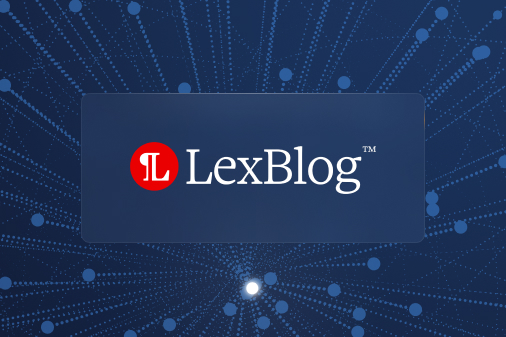
Litigation Timeline Predictions: Pre/Dicta provides legal teams with the predicted case-relevant timelines from filing to trial to plan litigation strategies better, allocate resources, and inform settlement decisions.
The platform contextualizes its motion analysis, comparing that with the judge’s decisions, as well as other judges within the same circuit and those with analogous biographical profiles.
Litigation Prediction Platform Pre/Dicta Expands Into New Motion Types and Case Timelines
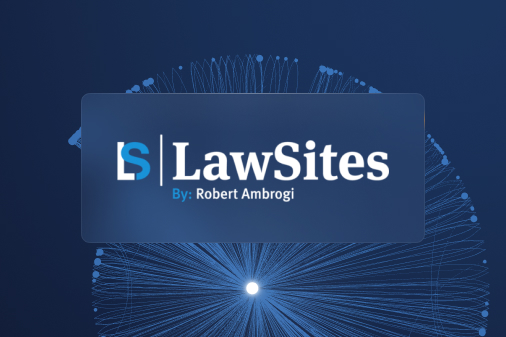
Using Pre/Dicta requires only that you enter a case number. It will then show a dashboard offering a prediction as to the likelihood of a motion to dismiss being granted. It will also show its analysis of similar cases. The Case Timeline shows likely outcomes for at each of the three states of litigation and the likely timeline to that outcome.
Pre/Dicta Expands Litigation Prediction Platform With New Motion Types, Case Timelines
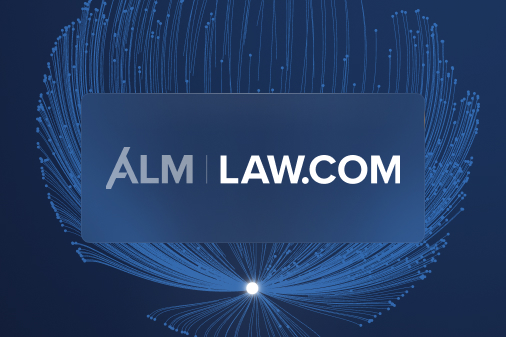
By looking for a case or judge’s “doppelganger,” Pre/Dicta looks to predict the outcome of four new motion types: summary judgment, class certification, venue transfer and motions to compel. The move comes almost a year after the company acquired litigation analytics platform Gavelytics to offer predictions for state court motions across the country.
Pre/Dicta: Revolutionizing Legal Analytics with New Motion Types and Interactive Features
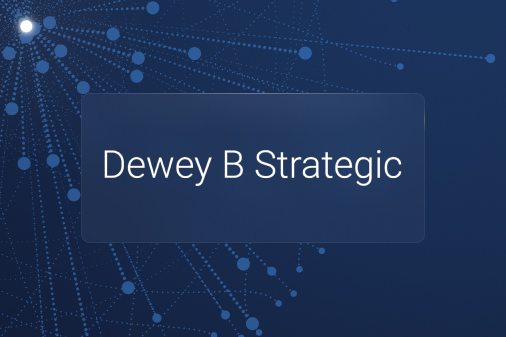
Pre/Dicta Adds 3 New Motion Outcome Predictions and “Doppelganger” AI Capability Jean P. O’Grady is a renowned expert in strategic information initiatives with over 30 years of experience working with Am Law 100 law firms. She holds a J.D. from Fordham University School of Law, an M.L.S. from St. John’s University, and a B.A. in […]
AI tool 86% accurate in predicting judge verdicts without evidence, only bias in past judgments

A noteworthy implication of this technology, as reported by Axios, is the potential transformation of “judicial forum shopping” – the practice where plaintiffs strategically select courts and judges likely to rule in their favor.
Pre/Dicta’s AI-powered tool is reshaping the legal landscape

Dan Rabinowitz, the CEO of Pre/Dicta and a former Department of Justice trial attorney, claims that his AI model can predict a judge’s decision with an accuracy of 86% without even considering the case’s specifics.
1 big thing: AI predicts how judges are likely to rule

“We don’t look at the law or the facts — we entirely ignore that,” Rabinowitz said, because judges write opinions in fewer than 2% of cases, and in the case of newly appointed judges, there’s often no case data to work with.
Podcast: The Voices of the Internet of Things with Chuck Martin: Dan Rabinowitz, Predicta

Dan has been a trial attorney at the U.S. Department of Justice, Associate General Counsel at Booz Allen Hamilton, and CEO of Deko Cocktails. At Predicta, Dan focuses on using artificial intelligence to predict the outcomes of federal lawsuits.
Legal Strategy & AI: Insights from John Quinn
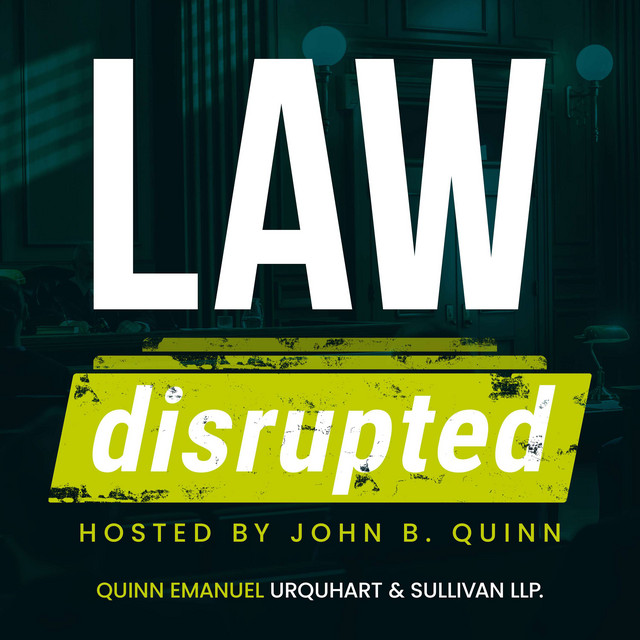
EXTRAORDINARY AI TECHNOLOGY PREDICTS OUTCOME OF MOTIONS WITH 85% ACCURACY, WITH DAN RABINOWITZ John Quinn is a renowned figure in the legal world, widely recognized for his strategic prowess and a string of high-profile litigation victories. As the founder and chairman of Quinn Emanuel Urquhart & Sullivan LLP, the largest law firm focused solely on […]
Are chatbots poised to take over disputes?
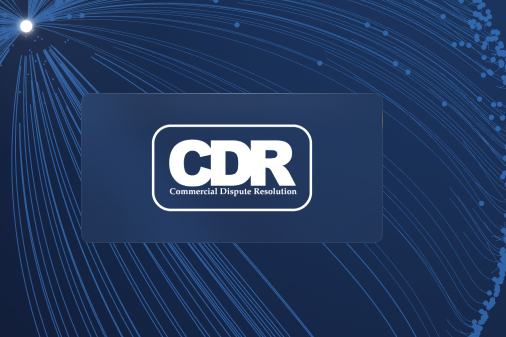
Algorithmic predictive solutions can give an early indication of a dispute’s prospects of success, such as Pre/Dicta which uses AI to analyse multiple data points and historical results to forecast outcomes of current cases, and which has recently found the judge likely to grant the motion to dismiss the Vanipenta v Silicon Valley Bank Financial Group class action.
Here Comes Pre/Dicta–Forget Everything You Thought You Knew About Legal Analytics and Predictions
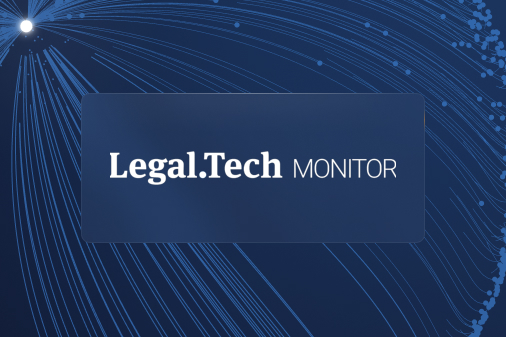
Pre/Dicta has profiled 750 federal judges and built an algorithm that can predict how each judge will rule on a motion to dismiss based on the cause of action, the characteristics of the parties and the attorneys. It runs this prediction based on one piece of data – the docket number!
Innovator of the Year, Vendor: Dan Rabinowitz of Pre/Dicta

“[When I was practicing,] if you had offered me a tool that would give an actual, instant prediction on litigation results…well, I might have thought you were crazy. But I also know what a difference it would have made to my practice,” says Dan Rabinowitz, founder and CEO of Pre/Dicta.


